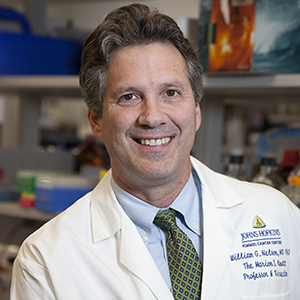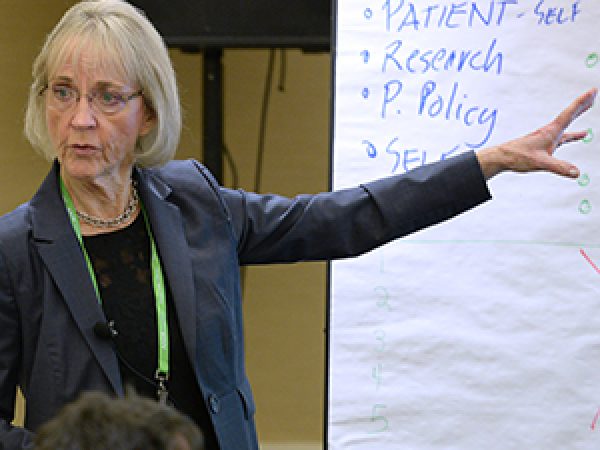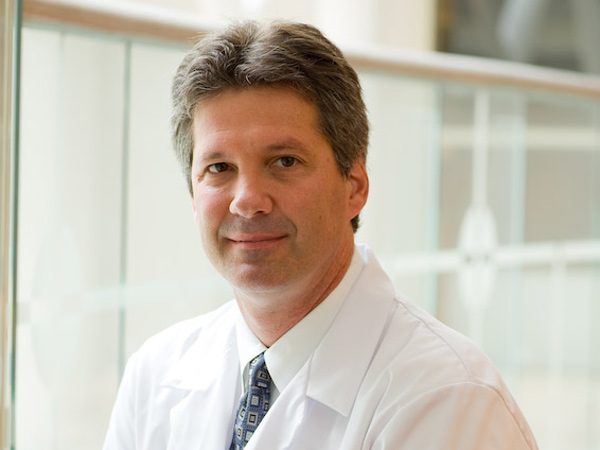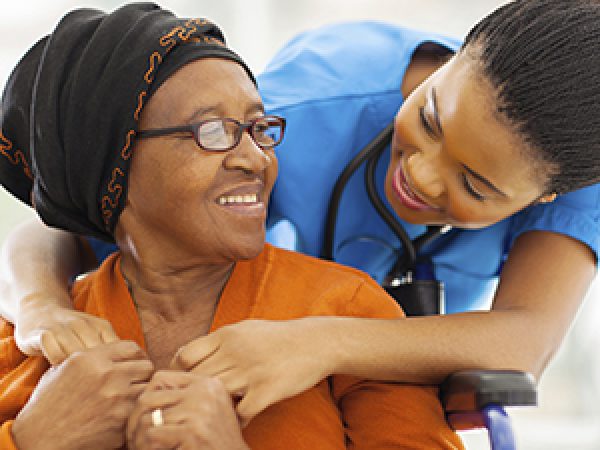Geriatric Oncology: Cancer Care Coming of Age?
Guest Post by William G. Nelson, MD, PhD
Editor-in-Chief, Cancer Today
Slightly more than 57 million people were 60 and older in the 2010 U.S. census. In 2050, more than 112 million people in the U.S. will be at least 60 years old, according to projections. This is cause for concern—some 79 percent of cancer deaths occur among men and women 60 and older. Cancer is already a leading cause of death worldwide. With the rapid growth in the number of elderly people, cancer will constitute the greatest threat to human health for years to come.
Older cancer patients often face difficulties with intensive treatments. They can have other medical conditions besides cancer and encounter greater challenges with logistics, including transportation, financial resources, and social support. As a result, cancer treatment decisions for the elderly can be complex. Physicians must weigh the potential advantages of intervention against the threats of side effects and complications. Poor choices by doctors can lead to higher health care costs—either through disease progression in someone not treated who might have responded well to treatment, or through treatment complications in patients who are especially vulnerable.
How are all the elderly people diagnosed with cancer going to be cared for? A medical subspecialty has emerged to help physicians make more informed treatment decisions for older cancer patients: geriatric oncology. Geriatric oncologists undertake a formal comprehensive geriatric evaluation of their patients—including an inventory of medical conditions and disease severity, daily and symptomatic medications, mental status, mood, cognitive function, and social support needs—in addition to providing cancer diagnoses, staging, and treatment planning.
One determinant of cancer treatment outcomes in the elderly may be frailty, a syndrome characterized by unexplained muscle weakness, fatigue, weight loss, and inactivity. At least 7 percent of older adults show signs of frailty. In this population, it is associated with worse outcomes following surgery, radiation therapy, and chemotherapy for cancer.
Older cancer patients who show no signs of frailty and who are active, have no other serious or uncontrolled health problems, and are on few daily medicines may benefit greatly from cancer treatment. Recognizing which elderly patients should be treated aggressively for cancer is a significant challenge in precision cancer medicine. Geriatric oncologists are best suited to make these decisions, but unfortunately, they are in limited supply. Perhaps, as more broadly deployable tools for identifying frailty are developed, cancer surgeons, radiation oncologists, and medical oncologists can better screen older cancer patients for referral to geriatric oncologists and geriatricians. In this way, the mantra of precision cancer medicine—the right treatment for the right patient at the right time—can be realized for people of all ages.
William G. Nelson, MD, PhD, is the editor-in-chief of Cancer Today, the quarterly magazine for cancer patients, survivors, and caregivers published by the American Association for Cancer Research. Dr. Nelson is the Marion I. Knott professor of oncology and director of the Sidney Kimmel Comprehensive Cancer Center at Johns Hopkins in Baltimore. You can read his complete column in the fall 2016 issue of Cancer Today.




